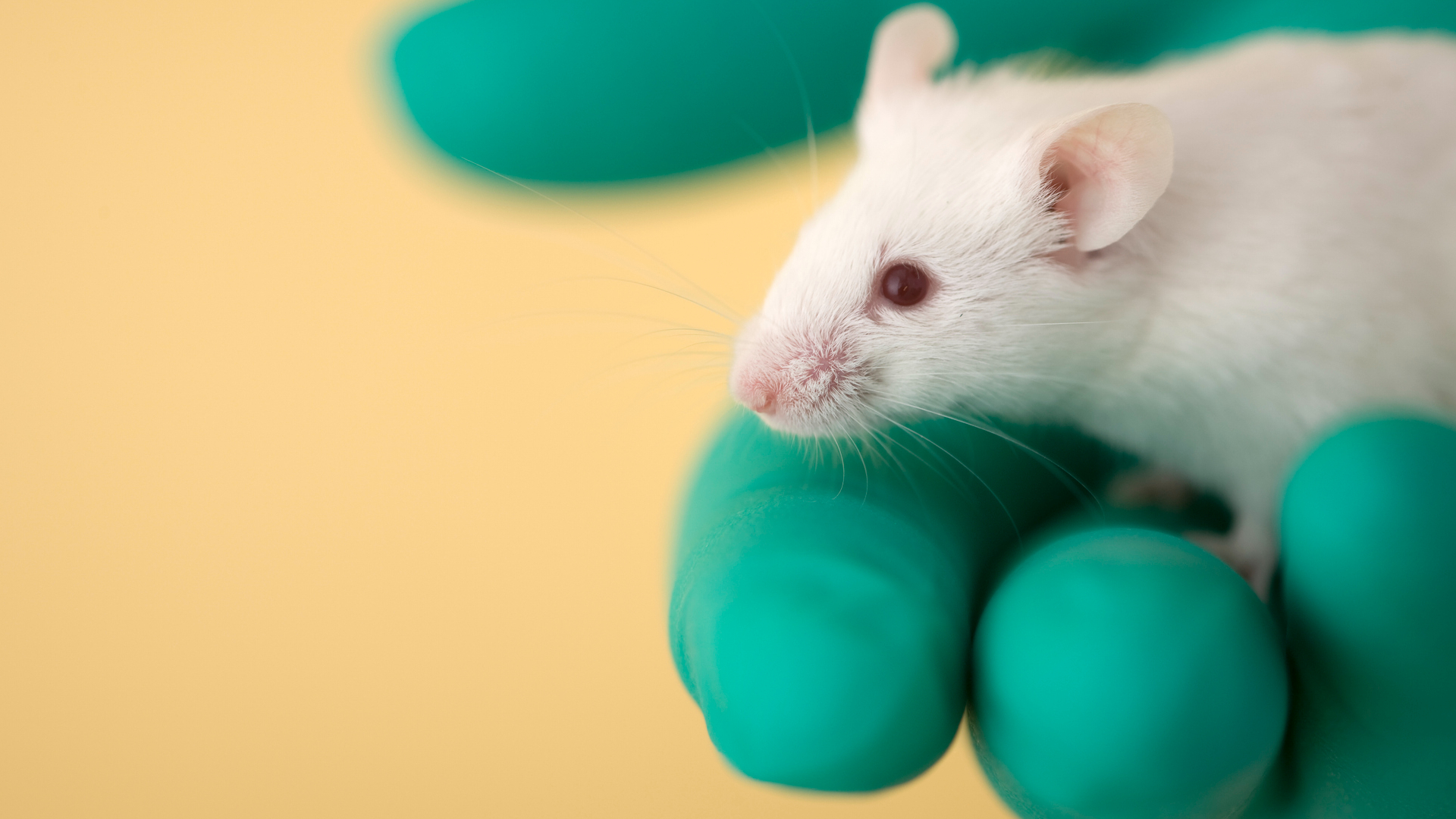A dangerous condition that can cause seizures, coma and death could rise dramatically as the climate warms
Researchers are uncovering a link between rising temperatures and hyponatremia, a condition caused by a dangerous decline in sodium in the body.
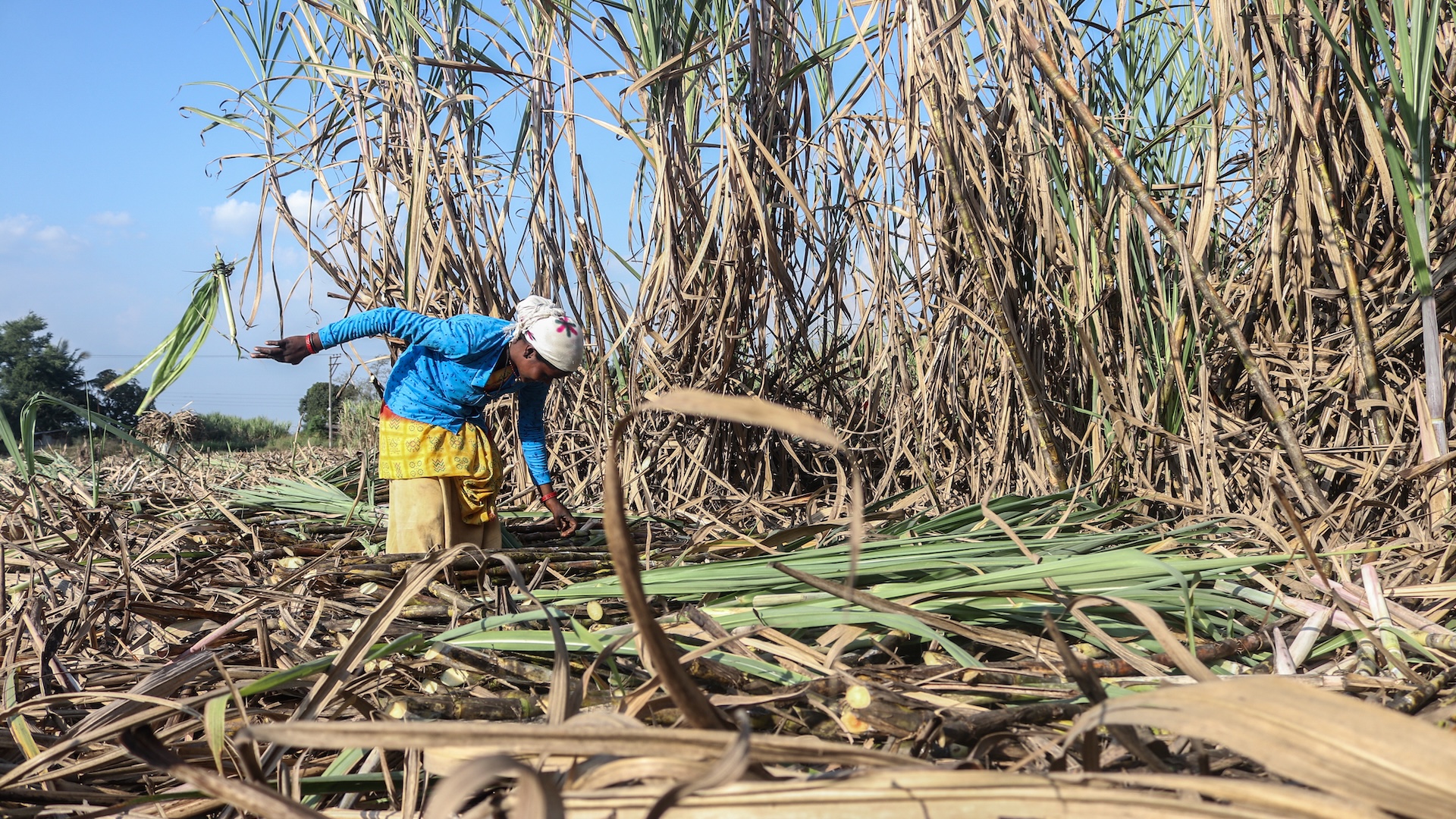
Get the world’s most fascinating discoveries delivered straight to your inbox.
You are now subscribed
Your newsletter sign-up was successful
Want to add more newsletters?

Delivered Daily
Daily Newsletter
Sign up for the latest discoveries, groundbreaking research and fascinating breakthroughs that impact you and the wider world direct to your inbox.

Once a week
Life's Little Mysteries
Feed your curiosity with an exclusive mystery every week, solved with science and delivered direct to your inbox before it's seen anywhere else.

Once a week
How It Works
Sign up to our free science & technology newsletter for your weekly fix of fascinating articles, quick quizzes, amazing images, and more

Delivered daily
Space.com Newsletter
Breaking space news, the latest updates on rocket launches, skywatching events and more!

Once a month
Watch This Space
Sign up to our monthly entertainment newsletter to keep up with all our coverage of the latest sci-fi and space movies, tv shows, games and books.

Once a week
Night Sky This Week
Discover this week's must-see night sky events, moon phases, and stunning astrophotos. Sign up for our skywatching newsletter and explore the universe with us!
Join the club
Get full access to premium articles, exclusive features and a growing list of member rewards.
MAHARASHTRA, INDIA — After working in a sugarcane field for an hour, Shakuntala Admane began to feel lightheaded, but she persisted for another four hours. Then, as the temperature soared above 104 degrees Fahrenheit (40 degrees Celsius), she collapsed.
Medical tests later confirmed that the 60-year-old agricultural worker had hyponatremia, a condition in which the sodium level in the blood falls too low. If left untreated, hyponatremia can lead to brain swelling, seizures, coma, muscle breakdown and even death.
Admane — from Yadrav, a village in western India's Maharashtra state — was not alone. Between March and May, as temperatures climbed above 95 F (35 C) in several parts of India, community health care workers said they began noticing many patients coming in with persistent confusion, weakness and seizures.
"Every day, someone collapses in the field," Admane said.
Although India doesn't track hyponatremia rates on a national scale, some small studies suggest the incidence of the condition rises during the country's warmer months.
This observation isn't limited to India. Studies from around the world have found that hyponatremia cases spike as the temperature climbs. The link between hot weather and hyponatremia is particularly pronounced among older adults.
Related: Climate change is spoiling food faster, making hundreds of millions of people sick around the world
Get the world’s most fascinating discoveries delivered straight to your inbox.
That means that as climate change worsens and extreme heat becomes more common, hyponatremia cases will likely skyrocket, too.
To avoid a tsunami of serious cases in the coming decades, it's crucial for people who are at risk of hyponatremia to be better informed about the condition and given tips on how to avoid it, experts told Live Science.
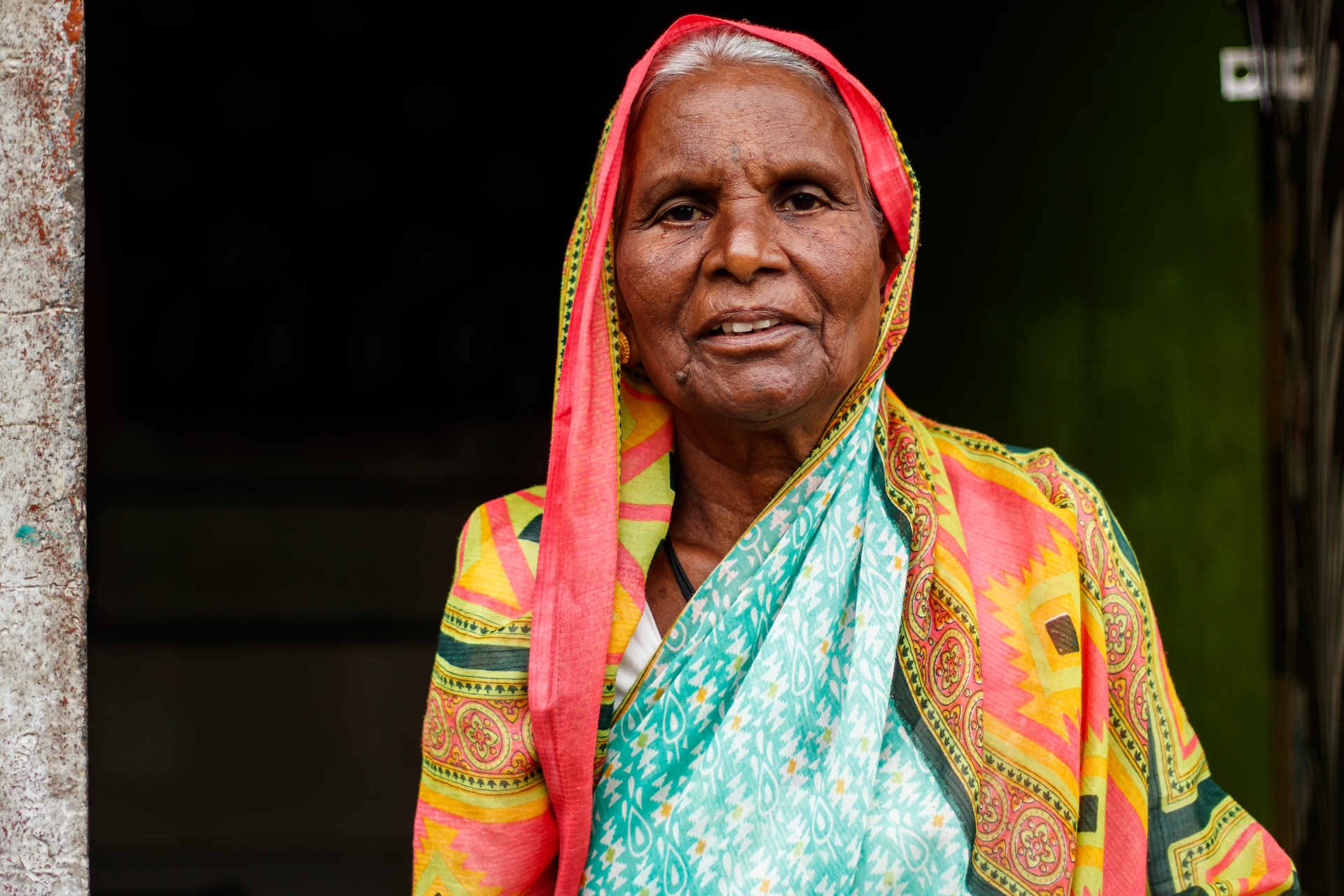
High heat, low sodium
The link between temperature and hyponatremia has been found around the world. A 2024 analysis in the journal Clinical Endocrinology looked at research conducted in nearly two dozen countries across six continents and found that high temperatures were consistently associated with low sodium levels.
That study concluded that such cases "are likely to rise with increasing global temperatures and the frequency of extreme heat events secondary to climate change."
Another 2024 study analyzed records from 2 million patients in Germany between 2000 and 2023. It found that cases of hyponatremia surged as the heat index — a measure of what temperatures "feel like" when humidity is taken into account — climbed above their typical levels.
As a result of climate change, in the past 12 months alone, Germany has experienced nearly double the days of extreme heat that it would have in a world without climate change, according to a report by World Weather Attribution, the Red Cross Red Crescent Climate Centre, and Climate Central.
Meanwhile, a Swedish study published in March in the Journal of the American Society of Nephrology pulled blood test results from all patients who had their sodium levels checked in Stockholm County between 2005 and 2018. They found a sharp rise in cases when outdoor temperatures exceeded 68 F (20 C), which is warm for the Scandinavian country.
Sweden, too, has seen a rise in hot days. And this trend will only worsen: The country's annual average temperature is projected to rise by 3.6 to 12.6 F (2 to 7 C) by the end of the century. Even the lower end of that projection — an increase of 3.6 F — would fuel a nearly 14% rise in hyponatremia cases in the country, a 2022 study found.
"Given the predictions of further global warming and demographic changes with an aging population, the estimated prevalence of severe hyponatremia may in Stockholm increase by 66%," Dr. Buster Mannheimer, a senior lecturer at Sweden's Karolinska Institute and a co-author of both Swedish studies, told Live Science in an email.
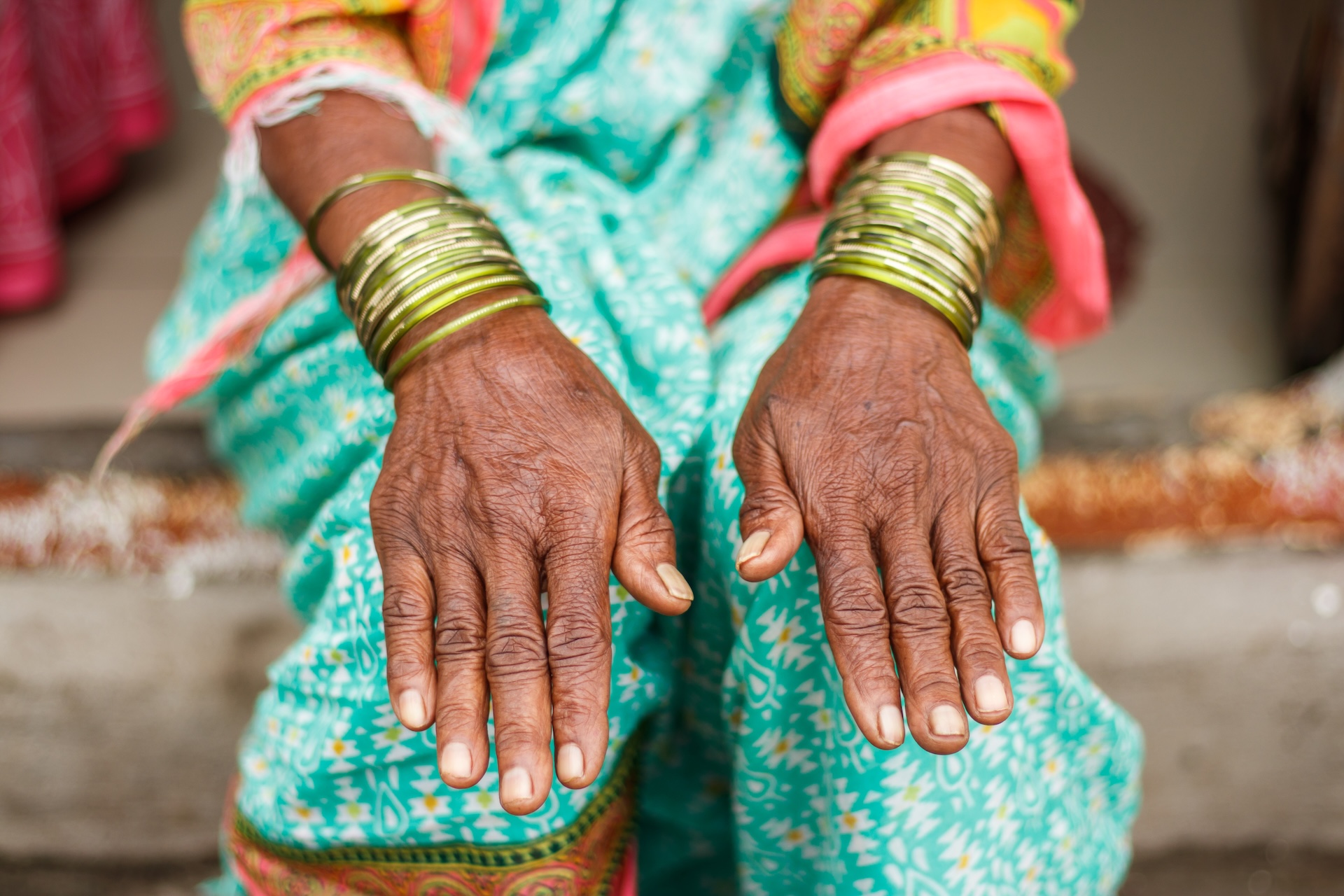
Globally, there's an 86% chance that at least one year between 2025 and 2029 will cross the critical threshold of 2.6 F (1.5 C) above the preindustrial temperature average, according to a World Meteorological Organization report published in May. That threshold, established in the Paris Agreement, defines a point beyond which the likelihood of devastating and irreversible climate breakdown increases dramatically — and that comes with more extreme heat waves around the world.
There are several reasons that high temperatures may set the stage for hyponatremia. At its root, hyponatremia — when blood sodium concentrations fall below 135 milliequivalents per liter (mEq/L) — is an imbalance between the body's sodium and water levels.
During hot weather, people sweat to cool off. In doing so, they shed both water and electrolytes, such as sodium. If sodium levels in the blood drop too low, the body normally counteracts this imbalance by flushing out water in urine. However, if blood volumes are also low, the body is at risk of dehydration, so the body releases hormones to retain water. This water retention can worsen the sodium imbalance.
Risk factors
Common medications can worsen this heat-hyponatremia feedback loop, often by triggering the release of hormones that fuel water retention. In a 2018 paper published in The Journal of Clinical Endocrinology and Metabolism, researchers noted that individuals taking diuretics — medications that help the body eliminate excess water, but also flush out electrolytes — are more likely to develop hyponatremia during hot weather than during milder weather.
At higher outdoor temperatures, the combination of diuretic use, sweating, and low fluid and electrolyte intake may increase the risk of hyponatremia, the researchers wrote in their paper.
Dr. Kai Kappert, a professor at Charité University Medicine in Berlin and one of the authors of the German study, agreed. In an email, he told Live Science that electrolyte imbalances triggered by heat may be worsened by people rehydrating with low-sodium liquids such as water.

Mannheimer told Live Science that older adults and those with frailty are prone to developing hyponatremia because they are more likely to have other medical conditions and be taking prescribed medications. Beyond diuretics, other common medications, such as antidepressants, antipsychotics and anticonvulsants, can also raise the risk of the condition.
"Periods of high temperature can be seen as another factor that is added to the increased overall risk that may affect the elderly disproportionately more," Mannheimer said.
At baseline, aging might also reduce the body's ability to handle heat and eliminate excess water.
Moreover, health problems that grow more common in old age — like kidney disease, infections or cancer — can put older adults at risk of hyponatremia. That's because they impair the body's ability to regulate water and sodium, either through direct kidney effects or by triggering hormonal and metabolic changes that disrupt fluid balance.
What can be done?
Worldwide, 1 in 6 people, or approximately 1.4 billion, will be over 60 by 2030, making many individuals vulnerable to hyponatremia as the planet continues to warm.
Mannheimer suggested that systems should be developed to alert people during heat waves and provide adequate lifestyle advice to help them cope.
"Given that the underlying cause [of hyponatremia] is water retention, uncritically advocating high fluid intake would, in most cases, be directly counterproductive," he said. Instead, he advocated for a balanced approach to fluid intake, meaning drinking enough water to stay hydrated while also replacing lost electrolytes, especially sodium.
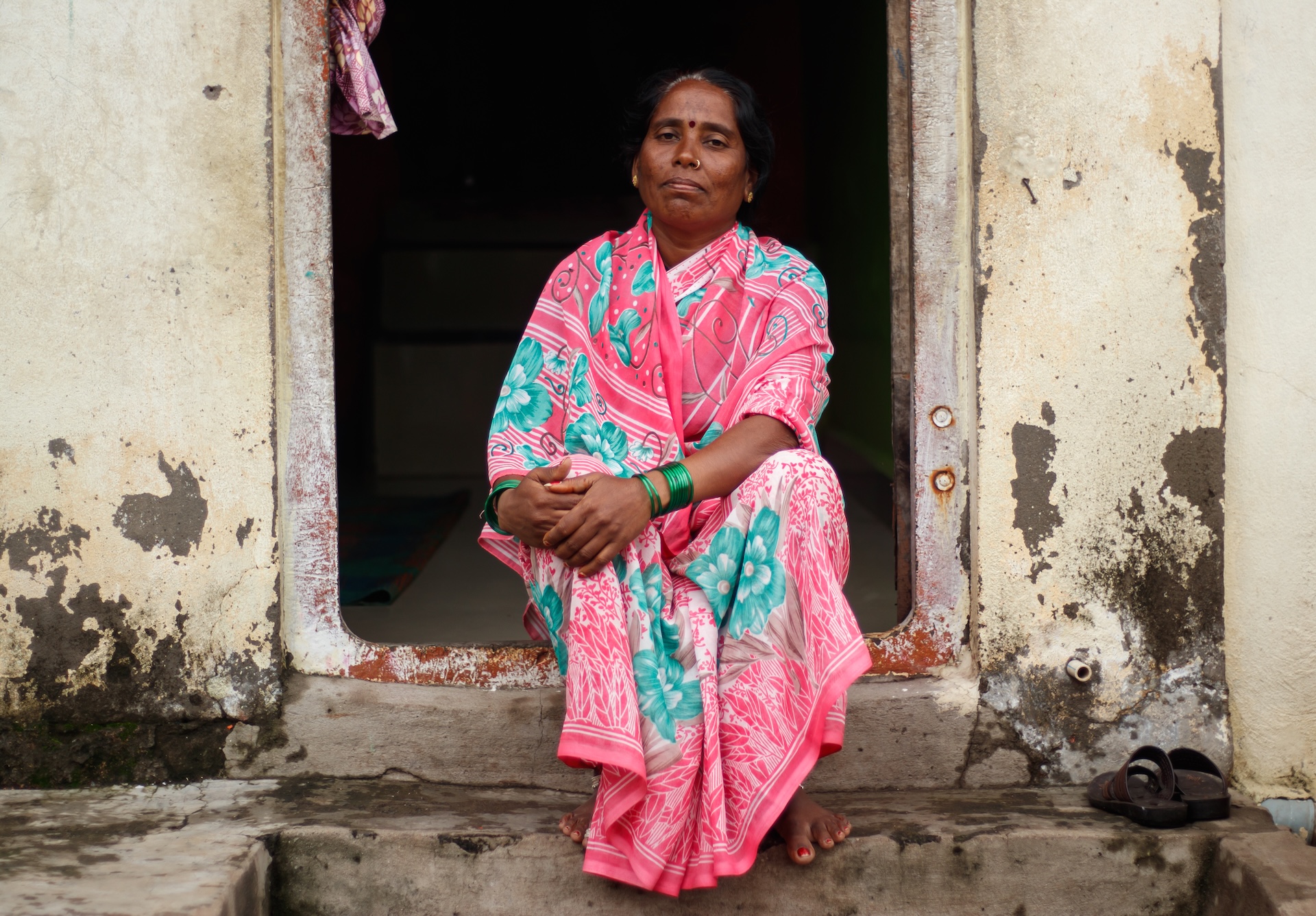
Kappert emphasized that the public should be informed about the increased risk of hyponatremia during heat waves and suggested that people take precautions to reduce heat exposure. That's challenging for agricultural workers like Admane, who must spend hours toiling in the fields to make ends meet.
And as the climate warms, that will become a bigger problem.
Five years ago, Admane could work at least eight hours a day without problems.
Now, "if I work in the fields today in extreme heat, I can't work the next day. First, I have to either take medicines or an electrolyte solution given through a drip, and only then can I work," Admane told Live Science. "Now, even working for four hours has become difficult."
Admane's daughter, Jayashree Pandav, 40, lives and works with her and has also been experiencing episodes of hyponatremia over the past year, which she believes are triggered by prolonged exposure to extreme heat. She works at least 10 hours a day in the fields, but lately, it's been getting more difficult for her to manage.
"Frequent doctor visits have now become a common part of any farmworker's life," she told Live Science.

Sanket Jain is an independent journalist and documentary photographer based in Western India’s Maharashtra state. Sanket’s work has been featured in over 35 publications, including MIT Technology Review, Devex, Wired, Telegraph, Thomson Reuters Foundation, The Nation, British Medical Journal, Verge, USA Today, Progressive Magazine and others. He was the winner of the 2025 Eric and Wendy Schmidt Award for Excellence in Science Communications.
You must confirm your public display name before commenting
Please logout and then login again, you will then be prompted to enter your display name.
 Live Science Plus
Live Science Plus










